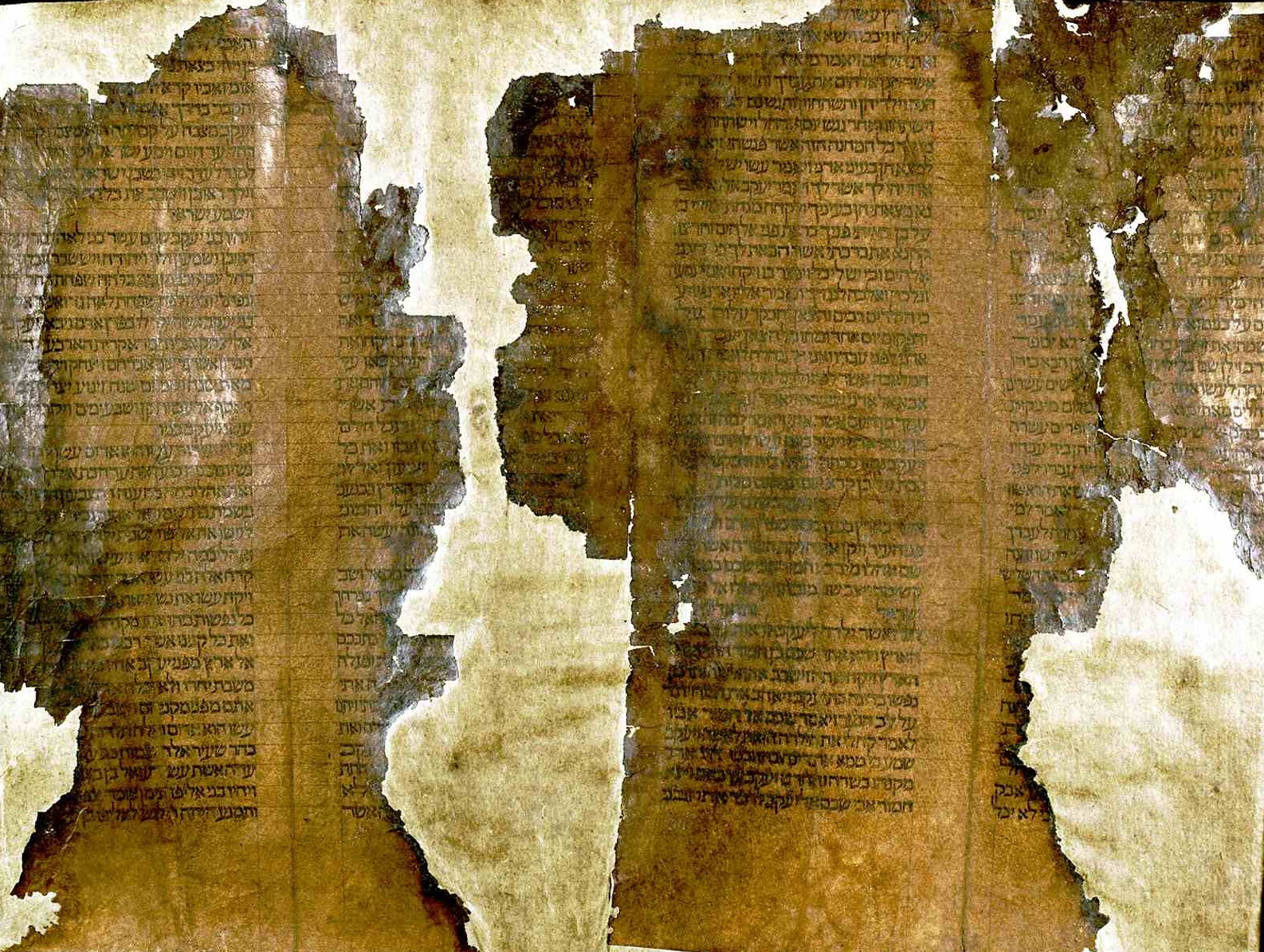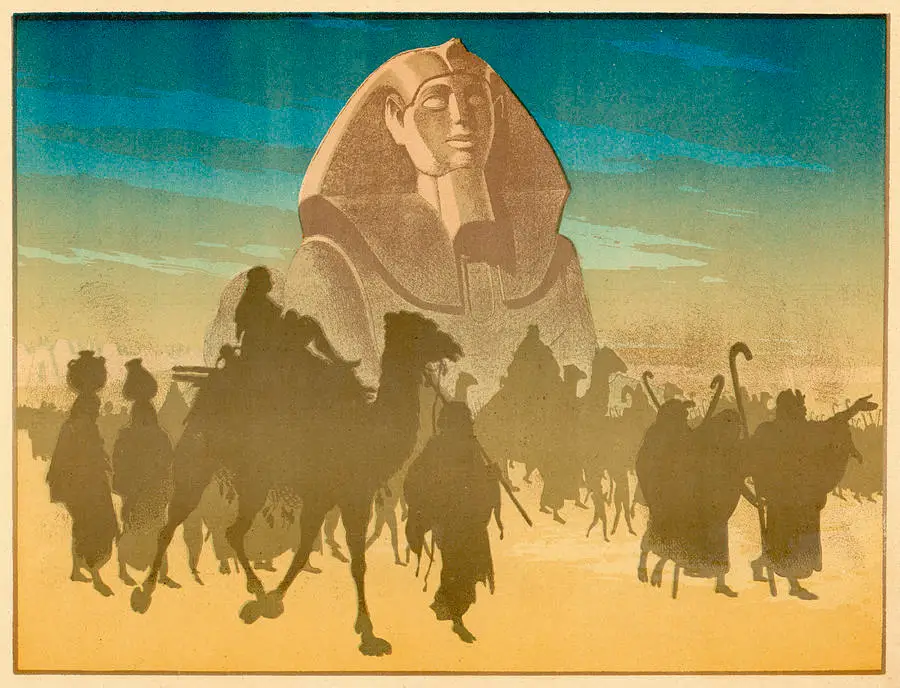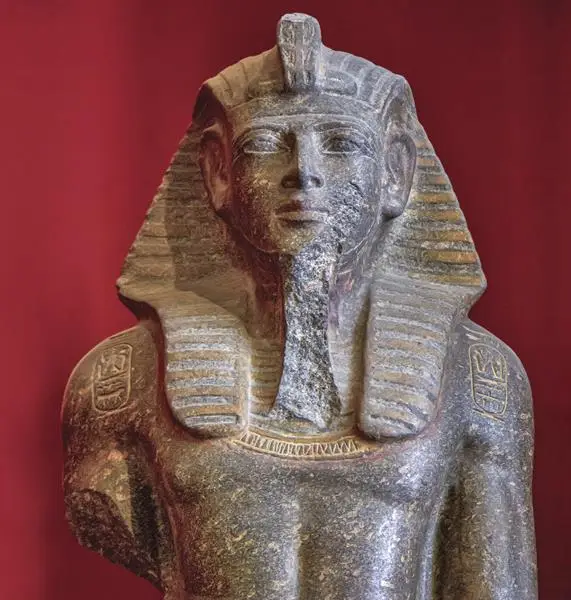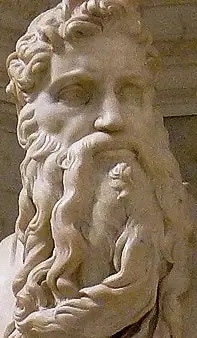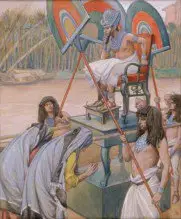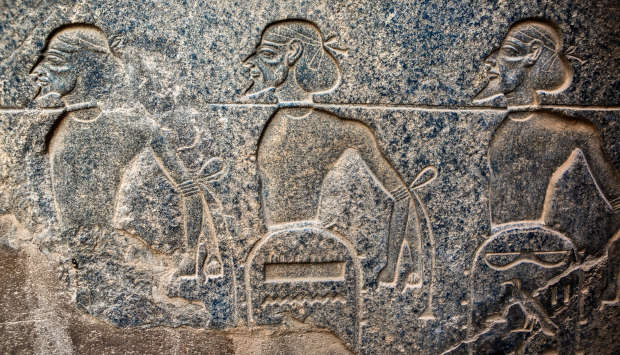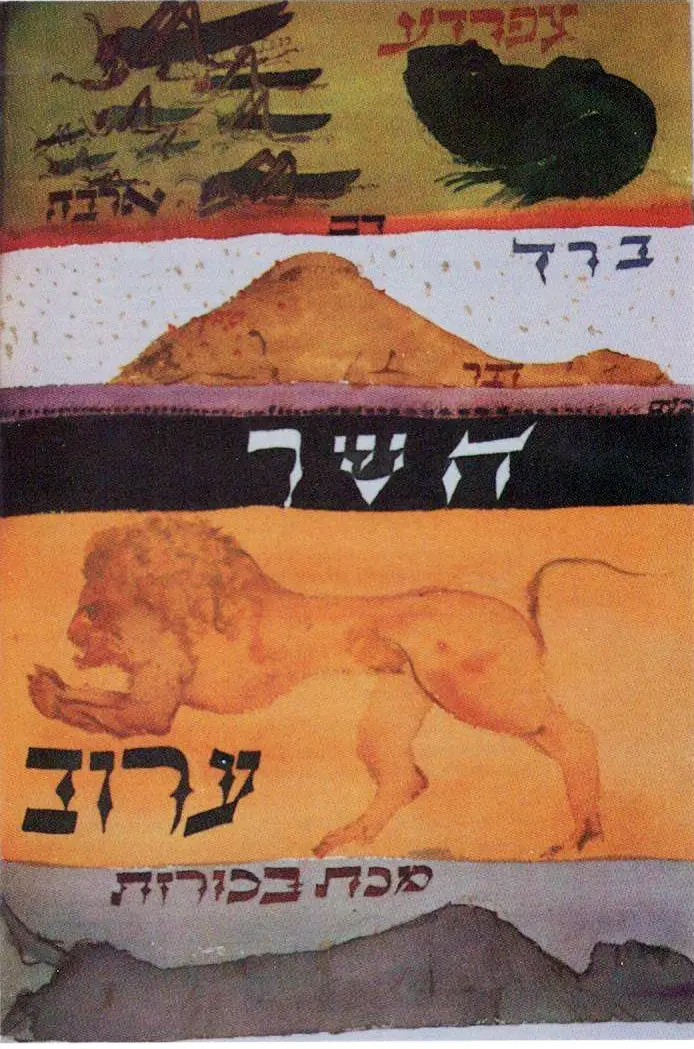
The Ten Plagues
The miracles reported in the Bible were supposed to strike the reader as miraculous. Even if some natural phenomena can be found at the heart of the Ten Plagues, the theology rather than the natural history of the plagues intrigued the biblical authors and inspired them to tell the tale of the plagues as they did.


